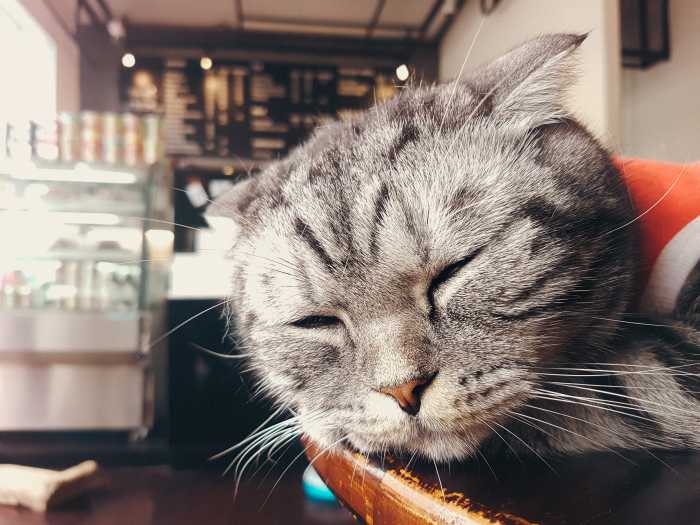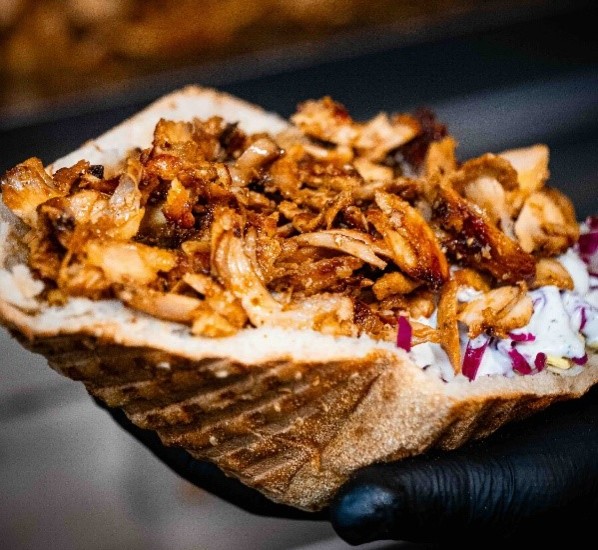By Kenneth Kowald
Since I was a child, I have been reading plaques, historical signs and labels. Some of my first columns for TimesLedger Newspapers were about historical markers near and around Borough Hall.
One of my great discoveries occurred some years ago when I was employed. For more than two decades, my business addresses were in the area of Union, Madison and Gramercy squares.
If I had no business during lunch hour and the weather was good, I would wander around those areas and anytime I saw what looked like a plaque or historical sign, I would go to it. That is how I found out that the world premiere of Gilbert and Sullivan’s “The Pirates of Penzance” was presented in that area — not in London.
I have usually looked for the publication date of the book I am reading. Labels on clothing have always been something I check out, but I do not like wearing clothing which shows the manufacturer.
For many years, it was a joke that almost anytime you bought something — at least in the price range of most of us — it was stamped “Made in China.” Thanks to “right to work” states, the exodus of textile industries from the American North had left ghost towns behind them.
Right to Work is one of those Orwellian locutions politicians use when they are anti-union. It means cheap labor.
Then that work went to China and many other countries, all of which, American industries discovered, could make this stuff cheaper than if it was made here.
Like everyone else, I found it interesting and economical to have such wide choices. There was no reason to be concerned about the working conditions of people in far-off countries who made all these inexpensive goods.
Don’t we have enough problems without worrying about people who do not look, talk or think like us on the other side of the world?
“Wake-up calls” are the names for events which call our attention to something that needs fixing. The recent horror in Bangladesh seems to have awakened concern for people who could use help.
Pope Francis, when told that garment workers in Bangladesh, like the many hundreds who died, made about $40 a month, said, “This is called slave labor.”
He got that right, but all of us have profited from it, haven’t we? Maybe it is about time to start looking at labels and making some decisions about right and wrong in our world. Avoid the corporations that feed on that slave labor. Buy the products of the companies that help those who need help. We can do that every day in Queens. How about looking for “Made in America”?
One of those who has worked against sweatshops for many years is Serphin Maltese, a state senator for many years. He has a personal stake in the matter.
On March 25, 1911, his grandmother, 38, and two aunts, 14 and 18, were among the 146 who died in the Triangle Shirtwaist fire in the building, at 2329 Washington Place at Greene Street, now used by New York University. You can find Maltese’s comments about the fire on the Internet. He is president of the Triangle Memorial Association.
Someday, as I first did many years ago, you might walk past that building and see the plaques attesting to the horror of that day. I think you will not forget.
Let us not wait for a plaque in Bangladesh to get us to work for the end of slave labor and the conditions under which other human beings are working in too many places in the world. We can start today. Let us not forget that the need to protect workers and the public is a never-ending task, including in the most diverse county in the nation.
Maltese has been a leader in that effort, so let us follow his example.
Please read my blog, No Holds Barred, at timesledger.com.




































